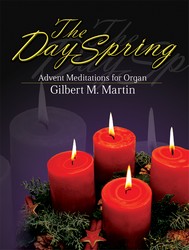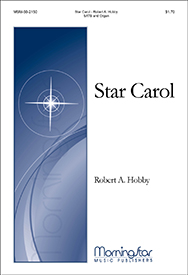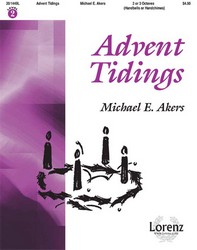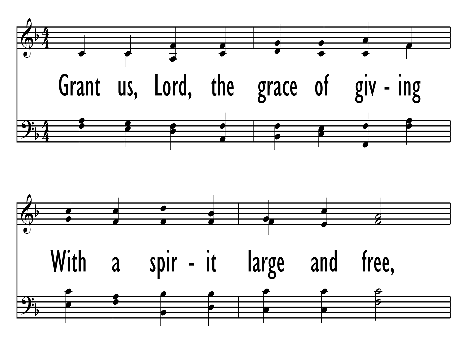Anglican Hymns Old and New (Rev. and Enl.) #158
Display Title: Earth has many a noble city First Line: Earth has many a noble city Tune Title: STUTTGART Author: Aurelius C. Prudentius Date: 2008
Anglican Hymns Old and New (Rev. and Enl.) #158


 My Starred Hymns
My Starred Hymns









